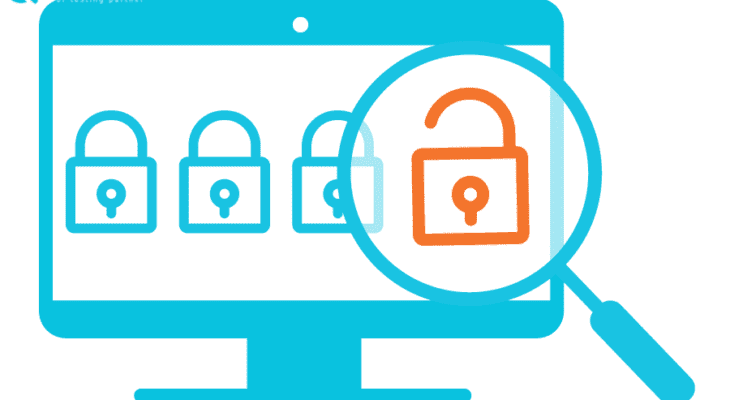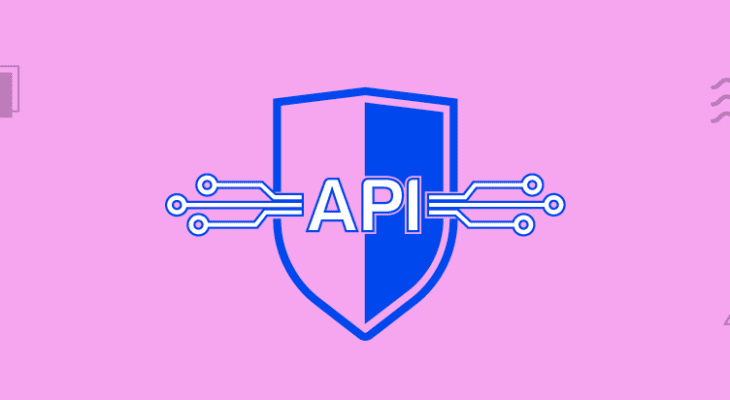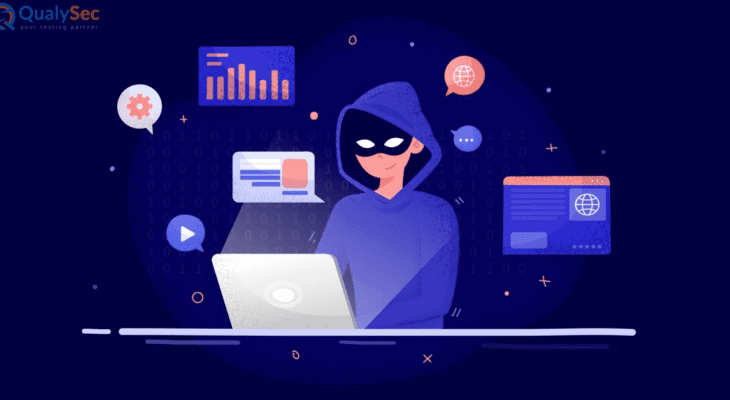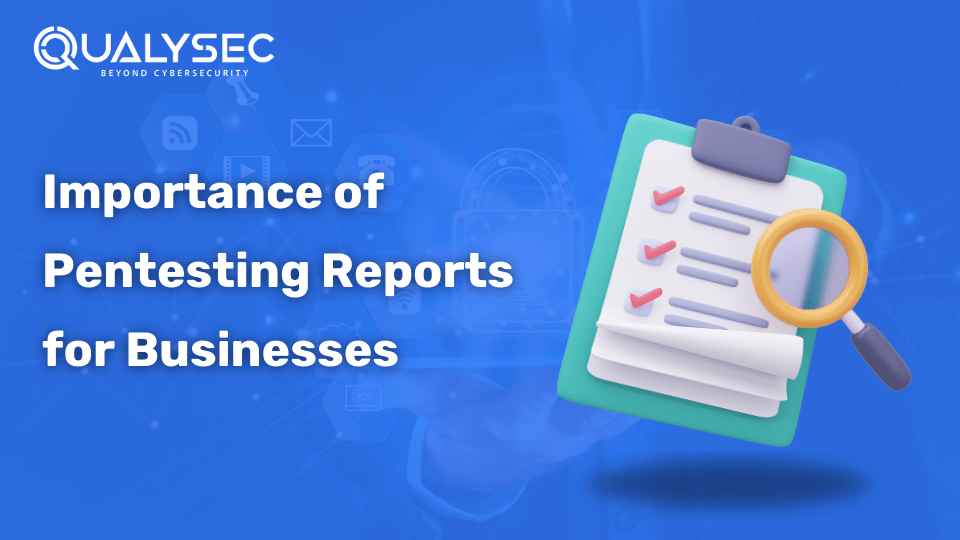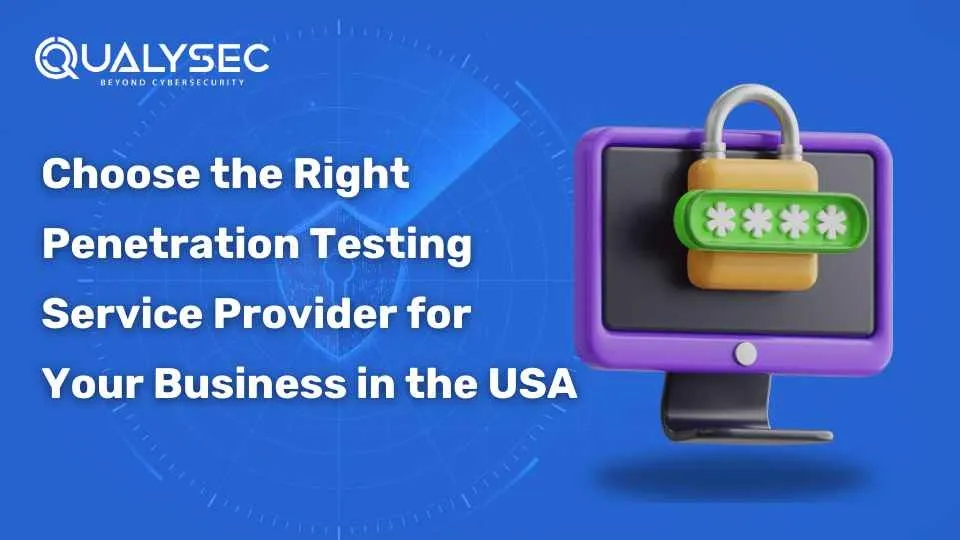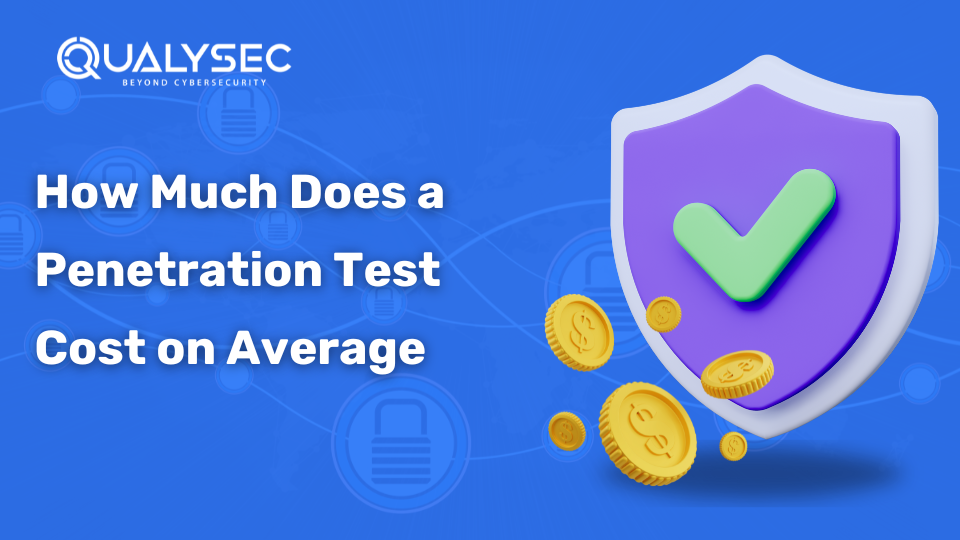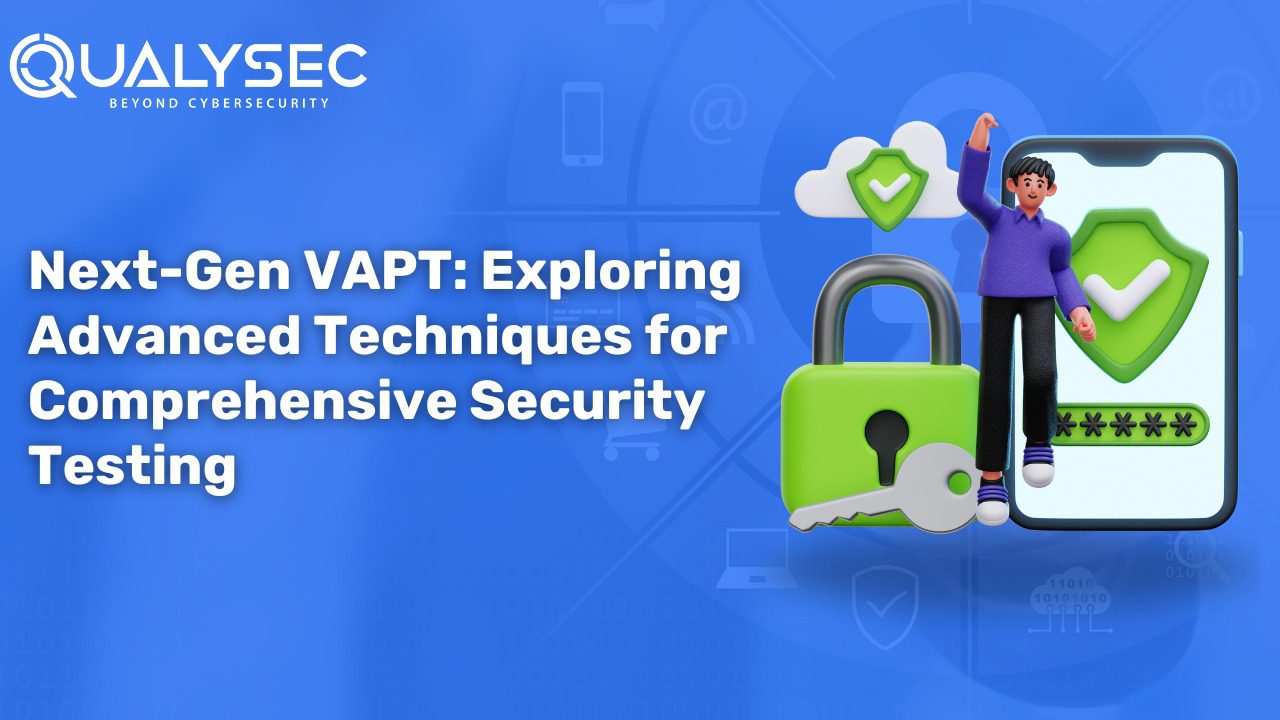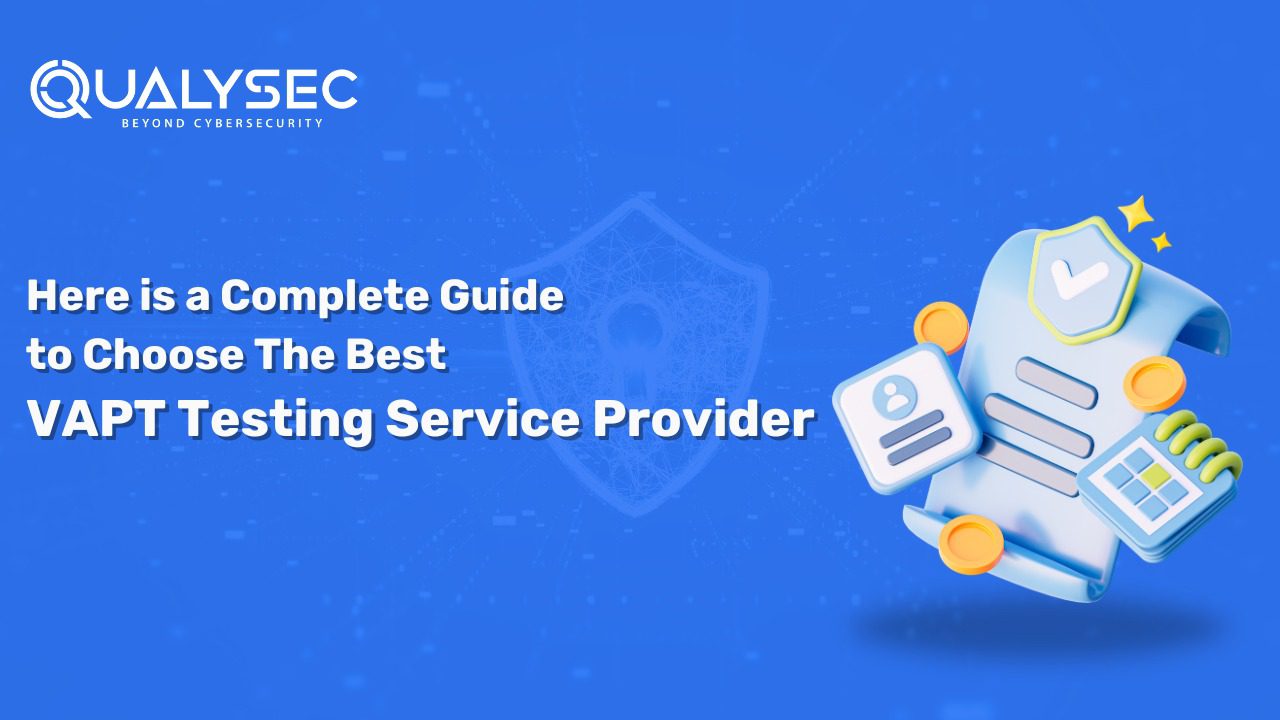Security Testing Services for Your Businesses to Keep Your Data Safe
Table of Contents In today’s digital world security testing has become an essential service that companies need. As the need for cybersecurity has increased, the need for security testing services has also increased. Cyber threats and data breaches have increased at an alarming rate, companies must focus and give the highest priority to security testing
Read More
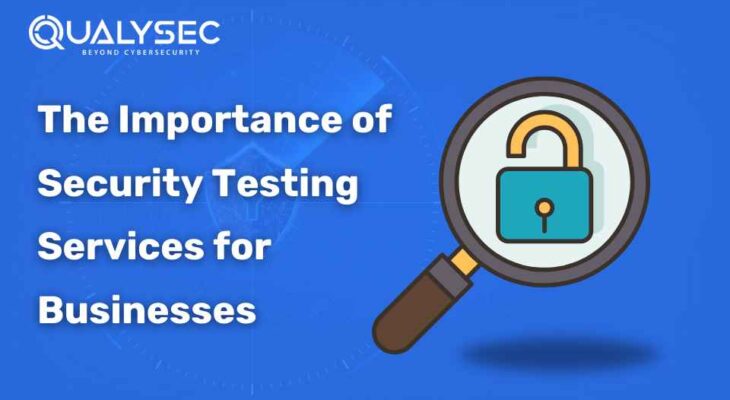
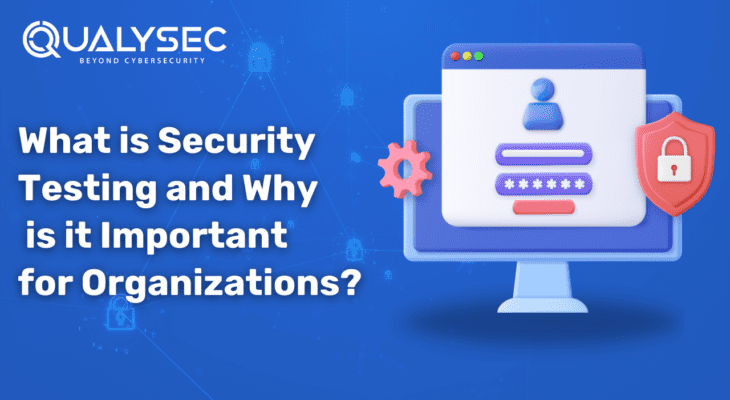
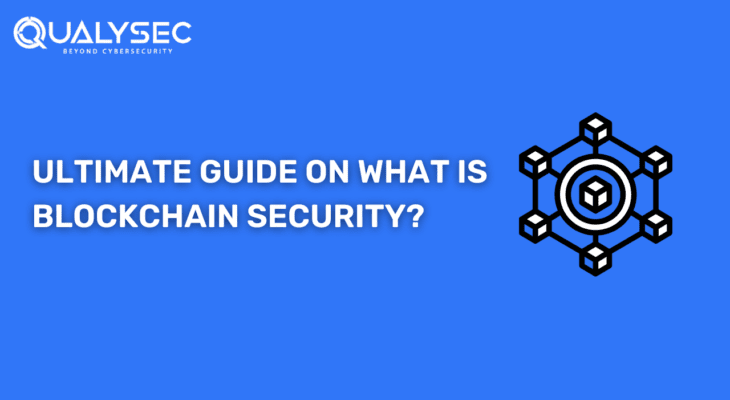
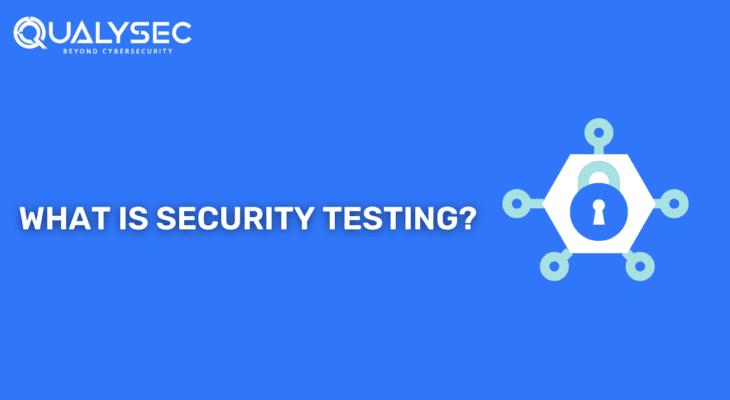
![Top 5 SaaS Security Companies of 2023 [Updated 2023]](https://qualysec.com/wp-content/uploads/2023/04/Top-5-saas-security-companies-of-2023_-Qualysec-730x400.png)
